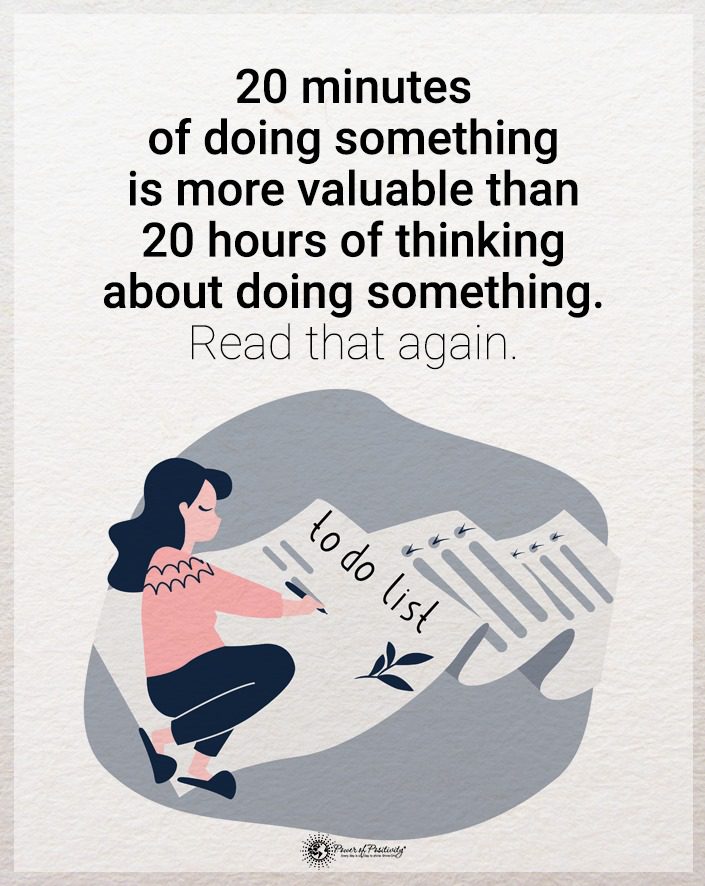Because we are humans, we are hardwired to yearn for freedom, and we don’t like the idea of self-discipline. So people have a hard time being confined by the strict rules of society, and they would much rather follow their impulses. But we have these rules and codes of conduct for a good reason. It’s because they help form a united society, which can flourish and help individuals reach their goals much more than they would alone.
But that doesn’t change the fact that, sometimes, people wish they could just do whatever goes through their head at a specific moment. Sometimes you just want to forget how you should act and do whatever your body tells you. This might not sound like an issue, but it can quickly become one. Without self-discipline, there isn’t much difference between people and animals. Without this skill, you won’t be able to manage your impulses, emotions, and many behaviors.
Lack of self-discipline is one of the reasons why people start engaging in unlawful behaviors. Sure, that’s not the case for most people. It’s just a tiny minority that goes completely off the wall like that. But you still risk hurting people and endangering your well-being if you allow yourself to always act on impulse. So, how can you increase self-discipline, and why is it even necessary?
What is Self-Discipline, and Why is It Important?
Most of you are probably familiar with self-discipline under a different name: self-control. It isn’t really important what you call it. The substance of the concept is what matters. The short description is that self-discipline is one’s ability to manage emotions, behaviors, and impulses. This ability is rooted in the prefrontal cortex, the brain region responsible for planning, decision-making, and problem-solving.

When one lacks this ability, prefrontal cortex functions are affected. This skill is sometimes defined as resisting immediate gratification to reach a long-term goal. An example of this would be someone refusing to smoke at a party. This refusal might happen because they care more about their long-term health than they do about doing what others do to fit in. Finally, self-discipline is also about using logical rather than emotional reasoning whenever you decide.
Can You Learn Self-Discipline?
Some experts believe that self-discipline is an innate behavior. Whether that’s entirely true is still up for debate. But one thing is for sure. This skill can also be learned. Even if some people have a genetic predisposition towards being more disciplined, that doesn’t mean other people can’t learn the skill. Experts believe that everyone can increase self-discipline by cultivating proper habits.
Self-discipline is essential because it’s the primary skill that helps people resist temptation. In addition, research shows that people with higher levels of self-discipline are less likely to develop addictions and unhealthy obsessions. Besides that, a higher level of self-discipline correlates with greater success in achieving goals later in life.
The well-known marshmallow experiment supports this. Psychologist Walter Mischel conducted this test in the early 1970s. In the trial, kids would be left alone in a room for a little while. In that room was a plate with a couple of marshmallows or other treats (depending on the child’s preference). Then, the kids were told that if they waited fifteen minutes, they would be given another treat on top of what was in the room.
So, this experiment was designed to further research the concept of delayed gratification. This experiment showed that the kids who could wait usually had better grades and were overall more disciplined. Later on, some researchers even argued that there is a correlation between future success and the ability to show restraint in an environment similar to the one in the experiment.
One popular theory regarding self-discipline is the ego depletion theory. This has long concerned scientists because it theorizes that willpower is limited and people rely on a finite quantity of mental resources to exert it. By this logic, the more temptations someone has to handle during a day, the less likely they will have enough willpower to resist them all. This theory is supported by the cookie experiment conducted in 1998.
The Cookie Experiment
Participants were given a choice to snack on either cookies or radishes. After that, they were asked to solve a puzzle. The people who had resisted eating the cookies gave up on solving the puzzle 11 minutes before the ones who had eaten them. But the good thing is that there is evidence supporting the opposite. So, the reality might be somewhere in between. While it’s true that people have a hard time resisting dozens and dozens of temptations daily, it’s also true that self-discipline can be increased.
Besides helping people resist temptation, self-discipline can help you have a more balanced lifestyle and regulate your emotions better. Ultimately, this will help you communicate better and create stronger, healthier connections with the people around you. Plus, it lets you focus on reaching your long-term goals and set your priorities straight. So there are a lot of benefits associated with this skill. But what can you do to increase it?
3 Ways to Increase Self-Discipline

1. Stop Procrastinating
Procrastination is one of the biggest obstacles for people trying to reach their goals. It’s also one of the main reasons why you can’t learn how to be disciplined. Not to mention that people procrastinate in the first place because they lack discipline, so it’s a vicious cycle. Unfortunately, most people fall into the trap of procrastination at some point. Research shows that 95% of people procrastinate to a certain extent.
And this isn’t always an issue. When it comes to smaller tasks, procrastination won’t hold you back. For example, if you put off making your bed, that won’t compromise your long-term goals. But if you’re the kind of person who always puts off doing their work and then gets panicked and overwhelmed at the last minute, that’s an issue. To increase your self-discipline, you have to take steps toward solving your procrastination issue. And the first step is to recognize that you are doing it.
One clear sign of procrastinating is when you start putting things off indefinitely. Many people try to trick themselves into thinking they are productive by filling their days with low-priority tasks. Sure, it’s imperative to clean your house. But if you start refolding clothes already put away because you are trying to delay doing actual work, that’s a sign. Once you recognize that you are procrastinating, you have to understand why you are doing it.
Some people do it because they are anxious about a certain task. Others do it because they find that task boring or unpleasant. But, most commonly, it’s because of poor organizational skills. When you pinpoint the reason, you can move on to the next step, and that’s to create healthy habits.
The strategies you employ depend on the reason why you are procrastinating in the first place. Some people do well if they have a reward after finishing the task. Others feel the need to have someone checking up on them. It’s also always a good idea to minimize distractions. All these habits will help you be more focused and increase your self-discipline.
2. Start a Routine
Discipline is strongly tied to one’s ability to create and maintain a routine. People who are naturally more disciplined will find it easier to create a routine and often do it without even noticing. They don’t have to write down their day to ensure that things will go according to plan. But people who struggle with self-discipline don’t have this luxury.
They often struggle with planning and creating healthy habits. But the good thing is that when you start enforcing a routine, it will improve your willpower. After a while, you will find that you’ll have more self-control in all areas of your life, not just when it comes to routine.
But how can you start and maintain a good routine? You can always start by incorporating essential healthy goals into your daily life. One thing that always helps is enforcing a relatively strict sleeping schedule. Make an effort to sleep at around the same hour every night, and wake up at the same time every morning. And make sure you always get seven to eight hours of sleep.
It’s a good thing to start your day with a short workout or walk. It’s also good to eat some breakfast before having any coffee. And there are other things you can start doing depending on your interests and personal life. For example, some people like going to the gym. Others need to schedule some relaxation time. Whatever you do, just make sure you stick to the routine.
3. Surround Yourself with Disciplined People
Imagine this. It is Friday night, and your friends are all partying. You have to work, but they won’t stop sending you photos and asking you to go out. So, of course, you give in, only to regret it when the next day comes. This is a scenario everyone is familiar with. Unfortunately, sometimes, the people you surround yourself with will only distract you instead of helping you achieve your goals.
To improve your self-discipline, you need to surround yourself with disciplined people. These friends will encourage you to stay in and finish work, and they will make plans with you when you are free. Sometimes, that means cutting out some people from your life, which will be hard. But it’s a sacrifice you need to make to improve your life.

Final Thoughts on Ways to Increase Self-Discipline
Self-discipline is challenging, especially when you probably have a lot of responsibilities to juggle and weigh you down. But it’s necessary if you want to achieve your goals and get your priorities straight.
Fortunately, you can always work on increasing self-discipline. One of the best ways to do so is by actively trying to stop procrastinating. It’s also helpful to start a routine and force yourself to stick to it. But, probably most important, you need to be around people who are disciplined and can keep you in check. As long as you do the work, you’ll soon be able to reap the benefits.
The post 3 Ways to Increase Self-Discipline (and Why It Matters) appeared first on Power of Positivity: Positive Thinking & Attitude.







